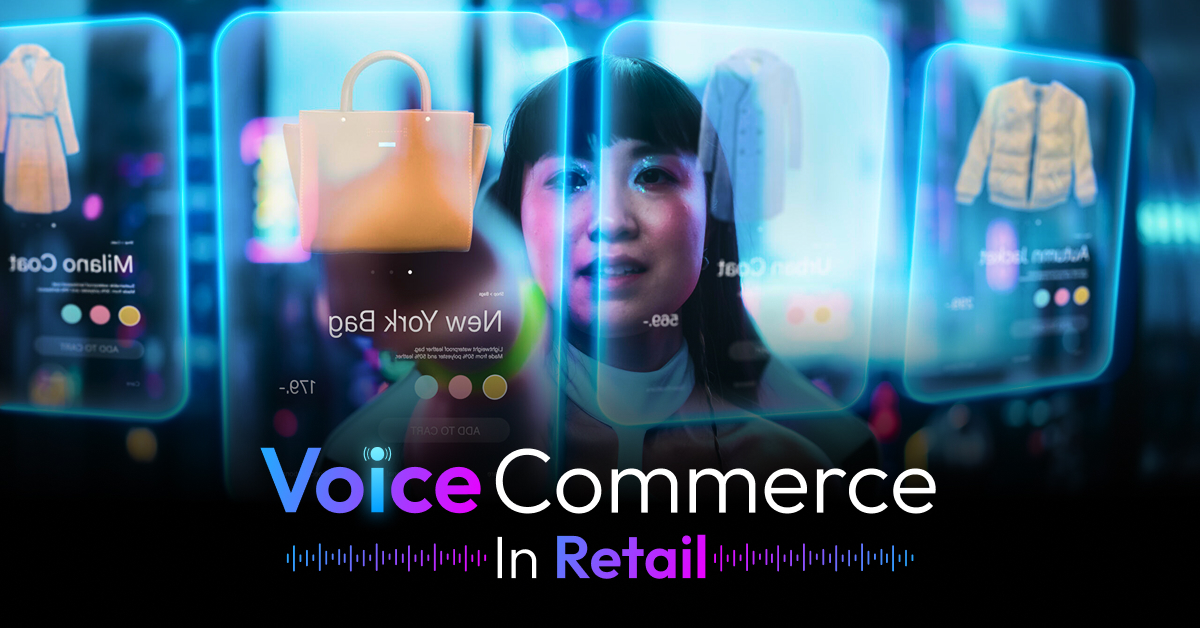It is undeniable that AI in Healthcare is revolutionizing the whole industry. Healthcare organizations have invested considerably more in AI during the last two years. In 2019, “75% of large organizations” (those with yearly revenues above $10 billion) “invested over $50 million in AI,” according to a Deloitte study.
The advantages of AI technology in healthcare are various, ranging from increased precision, increased efficiency, and relieving strain on overworked doctors and healthcare staff. There are hazards, of course, as with any new technology.
Let’s explore the advantages and disadvantages of this ground-breaking technology that is revolutionizing the delivery of healthcare.
What is Artificial Intelligence?
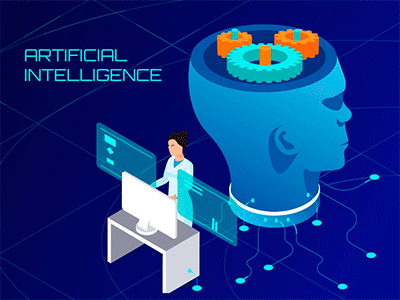
Artificial intelligence (AI), is the imitation of human intelligence by machines programmed to think and act like humans. This term can also be used to describe any machine that displays human-like traits such as problem-solving and learning.
Artificial intelligence’s best characteristic is its ability to reason and take the most effective actions in order to achieve a goal. Machine learning (ML) is an aspect of the field of artificial intelligence. It refers to the concept that computer programmers are able to adapt to and acquire fresh data without the need for human intervention.
This automatic learning is possible through deep learning techniques that absorb large amounts of unstructured data, such as text and images.
How is AI Used in the Healthcare Industry?
According to Markets, AI spending in healthcare will reach $36.1 billion by 2025. This industry is a prime investment opportunity due to its potential for automation and efficiency in many end-users like providers, hospitals and healthcare payers.
Improved models and algorithms, improved connection, such as 5G, and data availability all pave the way for ever more ambitious AI solutions. With 5G, machines are able to process large amounts of data instantly without the need for network reliability.
Such reliability and speed are crucial for the future of AI in a vital industry such as healthcare. COVID-19 has highlighted the need for innovation in the healthcare sector, as incumbents struggle with meeting the growing demand.
Machine learning, computer vision, and natural language processing (all AI subsets) can assist physicians and personnel in making healthcare choices.
In 2021, John Shepherd, a researcher at the University of Hawaii, presented a study showing how artificial intelligence (AI) with deep learning technology might aid in breast cancer risk prediction. These algorithms were evaluated on a 25,000-mammogram database. They showed that they could improve breast cancer screening prediction.
AI algorithms are able to learn from vastly more data than any radiologist. They can analyze a multitude of images and not just eight years of medical school education. Clinicians can concentrate on patient care, not data analysis.
AI was used to create predictive models that could help reduce the spread of the pandemic after COVID-19 broke down the world. Machine learning was used by immunologists to discover new vaccines and improve existing ones.
Lark, a startup that uses conversational AI to aid patients with chronic diseases, is one example of such an AI development company. This platform uses health data to monitor activity, sleep, and mindfulness among other things.
AI in Healthcare: Benefits
After we have given you a brief overview of AI usage, let us now look at the main benefits of AI in healthcare to help you decide if it is worth your investment.
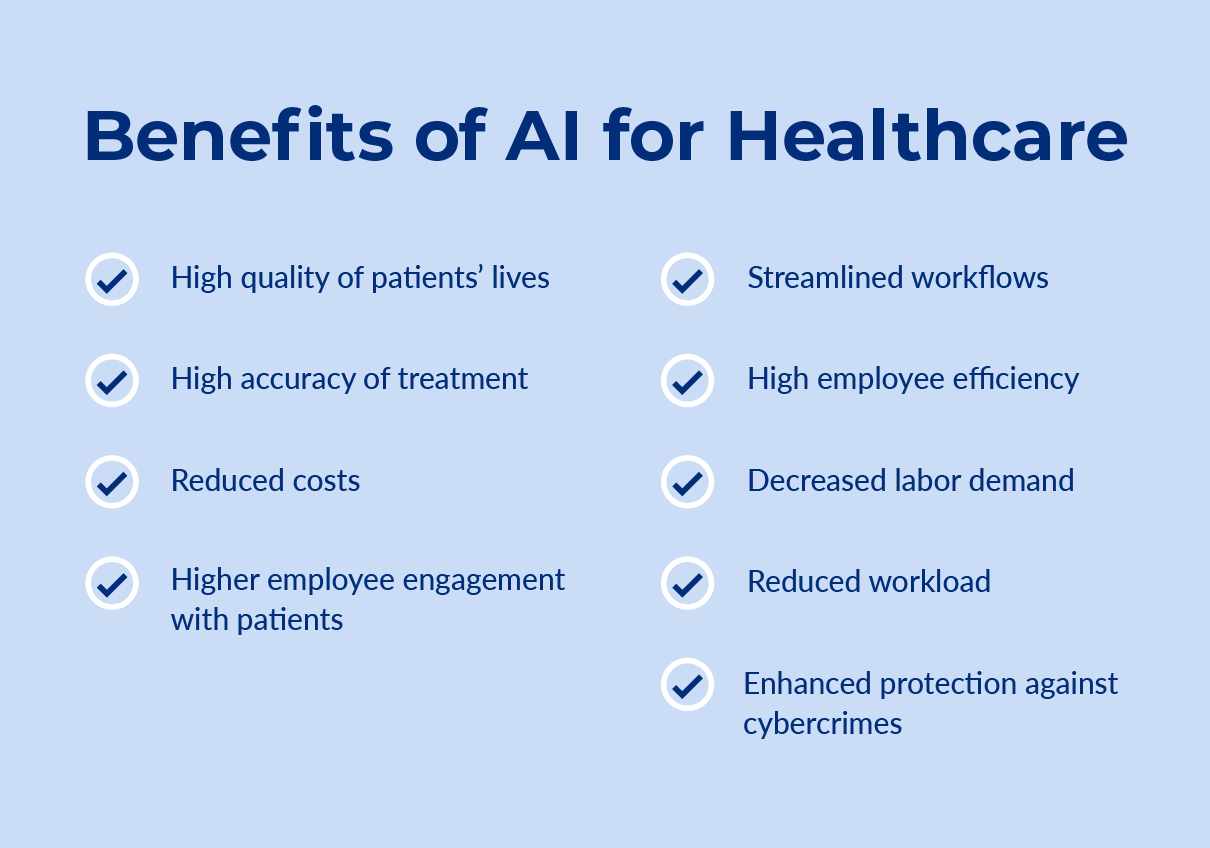
1. Increased Efficiency in the Diagnostic Process
AI in healthcare has many benefits, including increased diagnostic efficiency. The likelihood of human error in healthcare settings can be increased by a lack of medical history or large caseloads.
AI algorithms are able to predict and diagnose diseases quicker than doctors with minimal error risk in comparison to humans, provided that the data quality is good. A 2017 study showed that deep learning AI models can diagnose breast cancer faster than 11 pathologists.
PathAI enhances patient outcomes by using AI-Powered technology with partner collaboration. This allows for the most accurate diagnosis and the most efficient treatment.
A machine learning algorithm was developed by MIT’s team. It can make a decision and know when it is best to leave the task to a human expert. They found that a hybrid human-AI model performed 8% better under certain conditions like cardiomegaly. According to research, AI won’t always substitute people, but it may improve procedures by rendering them more effective.
2. Lower Overall Operating Costs
AI can be used to speed up diagnosis and other processes, often at a fraction the cost of traditional methods. AI can scan millions of images to find signs and symptoms of disease.
This eliminates the need for manual labor. It allows patients to be treated quicker and more efficiently, which reduces admissions, waiting time, and the need for bed capacity. Healthcare IT News expects significant savings from AI automation in many areas. Below are the top five:
- $40 billion for robot-assisted surgery
- Virtual nursing assistants are worth $20 billion.
- $18 billion for administrative workflow aid
- $17 billion in fraud detection
- Reduced dosage errors – $16 billion
AI will continue to learn and improve its precision, accuracy, efficiency, and cost-savings.
3. Safer Surgeries
AI is gaining popularity in healthcare robotics, providing unique and efficient assistance during surgery. The surgeons have greater dexterity and can operate in smaller spaces that would otherwise require open surgery.
Robotic surgery can be more precise around delicate organs and tissues, reduce blood losses, infection risk, and pain post-surgery. Because of the smaller incisions, robotic surgery patients report less scarring. They also have shorter recovery times.
Maastricht University Medical Center, Netherlands used an AI-assisted robot to stitch small blood vessels. Some were less than.03 millimeters in size. Robot hands are used to control the robot. A surgeon controls it. Artificial intelligence can stabilize any tremors so that the robot moves properly during surgery.
Interested in a chatbot demo, pricing, or more info? Fill out the form our expert will contact you shortly.
Chatbot Demo
Cost to Develop an app
Industry Report
Case Study
4. Patient Care – Enhanced
Healthcare facilities can be chaotic and crowded, which results in poor patient experiences. A recent study found that 83% of patients consider poor communication to be the most frustrating part of their patient experience.
AI can quickly scan data and get reports to help patients navigate. This helps to avoid the usual confusion that plagues healthcare environments. Another advantage of AI tech for patients is that it’s always available.
Babylon is an amazing example of artificial intelligence in medicine that enhances the patient experience. It serves as an automated symptom checker. Babylon asks questions and analyzes the responses to see if any recognised risk factors exist.
This ensures that information is correct and up to date. Additionally, chatbots In healthcare industry lets patients communicate with doctors by simply utilizing old ways, such as audio calls or video chat, and emails.
5. Simple Information Sharing
Easy information sharing is another benefit of AI in healthcare. AI is able to track patient data faster than traditional healthcare, which allows doctors to spend more time on their treatments. Algorithms’ ability to quickly analyze large amounts of information is key to maximizing the potential of AI/precision medicine.
However, custom healthcare CRM development has also the potential to enhance AI in healthcare by allowing for easy information sharing between patients and healthcare providers. AI can quickly track patient data, including information from wearable devices, to provide insights into a patient’s health status.
For instance, the FreeStyle Libre glucose monitoring device can be integrated with a custom healthcare CRM system to provide patients and doctors with real-time glucose level reports.
This technology can also help identify potential health risks and enable healthcare providers to develop personalized treatment plans for patients with diabetes. Custom healthcare CRM development can maximize the potential of AI/precision medicine and revolutionize the healthcare industry.
6. Better Prevention Care
Machine learning and AI can be used to help with the management and prevention of infectious diseases. AI is able to manage large amounts of data, such as medical information and behavior patterns, which can help prevent outbreaks like COVID-19.
Blue Dot, an outbreak intelligence platform, used flight paths and airline tickets to predict the COVID-19 path from Wuhan to Bangkok and Seoul. Similar AI-enabled systems are available to doctors to detect the spread of disease in patients who enter facilities with an immediate diagnosis. This will enable them to perform effective isolation and quarantine procedures.
AI can also analyze billions upon billions of compounds to aid in drug testing. This shrinks research that used to take years to just a few weeks. AI can be used to quickly develop vaccines and prevent disease by allowing researchers to review virus genomes.
It’s important to mention that AI-powered wearables can also help in detecting non-infectious diseases. The device can identify signs that indicate a serious health condition based on the user’s vitals. It can then motivate the user’s to visit a specialist.
What is Artificial Intelligence and How Will AI Work Extraordinarily in The Future?
Types of AI in Healthcare Industry
Artificial Intelligence has transformed the healthcare industry in many ways. Below are the crucial types of artificial intelligence in the healthcare industry. So let’s have a look:
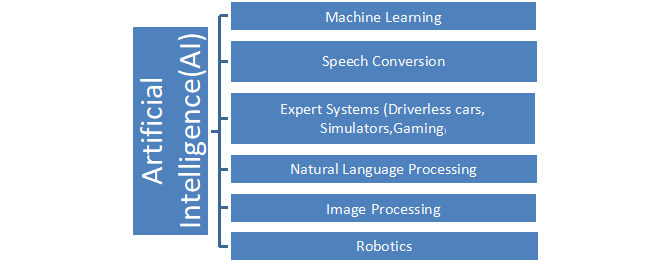
1. Machine Learning
This branch of Artificial Intelligence uses an algorithm to analyze past data, current information, and interactions. This analysis allows for the prediction of the best treatment for patients. It is also crucial in streamlining and optimizing healthcare administration procedures. Data annotators are an important part of machine learning. It uses CT and MRI scans to mark tumor cells more precisely.
2. Natural Processing Language (NLP)
This is the process of understanding text and translating it by a computer. NLP is a tool that can be used to analyze medical records of patients and make suggestions for improving the quality of the methods and preparing better results. NLP is used in AI to classify and understand medical records. The machine will respond to the user’s communication if it understands the message.
3. Physical Robots
These robots are an important type of AI that is used in medicine. Scientists originally designed robots to deliver hospital supplies. Today, however, robots have improved capabilities. These robots can collaborate with people and be programmed to do certain jobs.
Because they have AI capabilities embedded in their operating system (brain), they are smarter. Since 2000, robots have been present in operating rooms. These are also known as surgical robotics. This branch of AI continues to explore new possibilities.
4. Robotic Process Automation (RPA)
This AI technology was developed primarily for administrative purposes. Robotic Process Automation (RPA), is less expensive than other types of AI. Contrary to what the name suggests, robots do not participate in this process. It is nothing more than a form of computer programme.
RPA is used in healthcare to record authorizations and update patients’ medical records. If we combine it with other technologies, such as image recognition, it can be used to extract data.
What are The Pros of AI in Healthcare?
AI in medicine has brought many benefits to patients, professionals, and businesses. AI has made it possible for healthcare professionals to do more than just research on nanotechnology in medicine.
1. Access Information in Real-Time
AI’s ability to provide data in real-time is one of its strongest strengths in healthcare. This makes it possible to diagnose patients faster based on their results. This ultimately helps patients in their recovery and treatment plans. Clinical decisions can be made more quickly if patient wait times are reduced.
The integration of application of AI in healthcare industry makes it easier to improve the patient-doctor relationship. Medical professionals can receive real-time updates via mobile alerts on patient status, emergency, and any other changes.
2. Streamlining Tasks
Do you remember the tedious task of calling the hospital to ask to be redirected at the clinic of your doctor? The secretary would then call you back to update you on your next visit. All of these jobs can be completed easily with the assistance of AI.
AI in healthcare has made it possible to streamline tasks such as setting up appointments, translating clinical information and transferring patient records and medical histories.
Advanced algorithms allow for visual identification of important radiation markers, which can speed up the process of enormous analysis.
Cloud Computing in Healthcare Department: Benefits, Use Cases and More
3. It is Cost-efficient and Resourceful
Hospital expenses can be significantly reduced as AI takes over tedious tasks and replaces them with sophisticated algorithms. AI can also be used to review cases and help determine what is needed for the hospital.
4. Research Ability
AI is more than just providing data in real time. It may also be used to incorporate information from different sources depending on study. This can be a great tool for diagnosing and treating diseases. Software has been developed to help with specific diseases such as childhood cancer. Furthermore, the hospital’s information can be used to aid in future research.
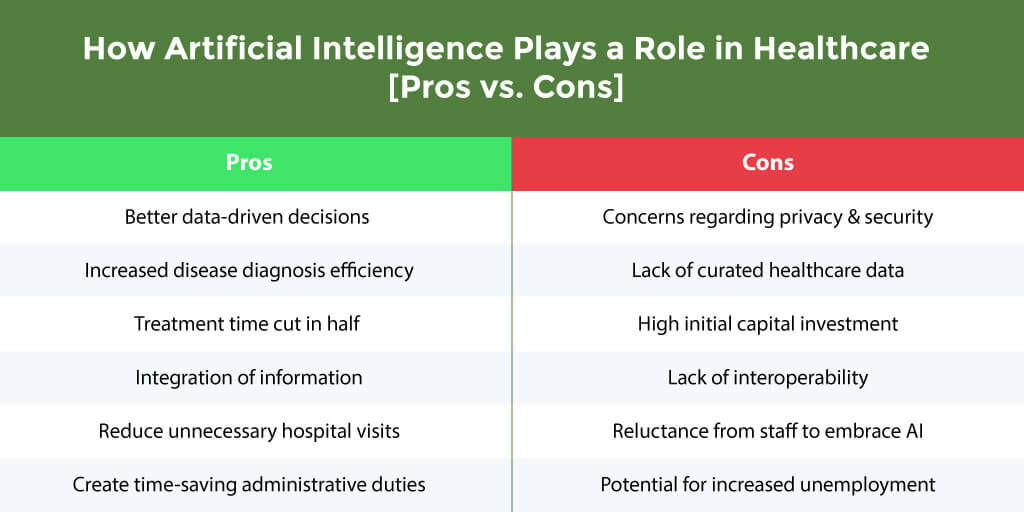
What are The Cons of AI in healthcare?
AI in healthcare has shown how technology can give back to people in hard sciences like medicine.
It is, however, not an ideal algorithm or system, especially when you consider the whole of humanity involved in healthcare. Here are some of the reasons.
1. Requires Human Oversight
AI is imperfect and will require human supervision and oversight. Robotic technologies that assist in surgery, for instance, lack empathy and work purely on their program. AI-generated data will still require a human doctor to interpret it. This decision is based on each patient’s case.
2. Might Create Social Biases
AI in healthcare uses algorithms that are most convenient for the majority of people. For instance, the nearest hospital or clinic for a patient is the one that AI in the healthcare industry uses.
This doesn’t account for any socioeconomic background or whether the patient is comfortable visiting the AI-recommended facility. There are also compatibility issues when dealing with certain mobile platforms or devices. This doesn’t account for all the capabilities of each device. AI uses available data to aid in diagnosis. If this data is not available, it can lead to a false diagnosis.
3. Could Replace Human Employees
As AI can perform most of the tedious and menial tasks in healthcare, it is possible that certain employees may be eliminated from a hospital. AI could replace their jobs.
This raises an ethical question that is still being debated today. There are indeed redundant jobs in healthcare that can be solved by AI. However, this does not seem to be the end all and be-all for human progress and development.
4. Potential Security Risks
AI in healthcare app development has the obvious weakness of allowing data privacy to be compromised. It is vulnerable to data being misused and stolen because it is built on the information it has collected. It is possible that what might initially be economically efficient might end up costing more to increase data security in hospitals investing in AI. Cyberattacks are also a threat to manipulating or giving erroneous diagnoses.
What’s the Future of AI in Healthcare?
AI is a promising future for the healthcare industry. AI has the potential to transform healthcare delivery by making it quicker, cost-effective, and personalized. These are just a few of the many ways that change the future of AI in healthcare.
1. AI can improve diagnostics: AI can be used to assist healthcare professionals and doctors in making more accurate and timely diagnosis. AI systems can spot trends and abnormalities in patient data and photos that clinicians may overlook. This allows for earlier diagnosis and better treatment.
2. AI allows healthcare providers to tailor treatment for individual patients based upon their medical history, genetics and other factors. The result might be less adverse effects and more effective therapies.
3. Predictive analytics: AI can analyze large quantities of patient data to predict which patients may develop certain conditions or diseases. This information can be used to help healthcare professionals take preventive steps to lower the risk of developing disease and improve patient outcomes.
4. Robotics: AI-powered robotics are being used in hospitals and clinics to perform tasks like surgery, medication delivery and patient monitoring. We can expect to see robots more widely used in healthcare as technology improves.
5. AI is a tool that can be used to predict the efficacy and safety of new drugs. This can accelerate drug discovery and allow for the development of better treatments.
What is The Benefit of Blockchain in Healthcare Industry?
Conclusion
There are many issues to be overcome due to well-documented factors such as an aging population or growing rates of chronic diseases. Healthcare innovation is urgently needed.
Although AI-powered solutions have made some progress towards addressing key issues, they have yet to have a significant impact on the global healthcare sector despite all the media attention. It could play an important role in the future healthcare system, augmenting clinical resources, and ensuring the best patient outcomes, if it can address several key issues.
Now that you know how AI is transforming the healthcare industry, it is the correct time to invest in healthcare app development. For that you must hire healthcare app developers who can build amazing healthcare apps for your business.
Frequently Asked Questions
Q1. How to Develop a Top Class Healthcare app?
To build a healthcare app, you must hire AI development services providers who are proficient in mobile app development. However, first start with defining the purpose and target audience, conducting market research, creating a design prototype, and developing the app using appropriate software tools and programming languages.
Q2. Can AI Replace Doctors and other Healthcare Professionals?
AI is not meant to replace doctors and other healthcare professionals, but rather to assist them in making more informed decisions and improving patient outcomes.
Q3. Are AI and Healthcare Safe?
AI in healthcare needs strong security measures to protect patient data from theft or unauthorized access. To protect patient privacy, healthcare organizations must have robust security protocols.



















